Quotes and Notes: The Man Who Came to Dinner (1942)
In 1939, Monty Woolley first starred in the role of Sheridan Whiteside in “The Man Who Came to Dinner” on the Broadway stage. The comical play, written by Moss Hart and George Kaufman, ran from October 16, 1939 through July 12, 1941. Twin brothers, Julius and Philip Epstein, adapted the play for the big screen. (You may have seen another film they wrote the screen play for — “Casablanca”). The film spawned a parody in the form of a 1942 Bugs Bunny cartoon “The Wabbit Who Came to Supper”. That, in turn, led to a Tom and Jerry offering called “Million Dollar Cat”.
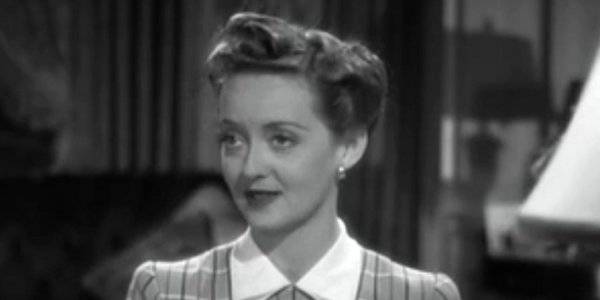
In the film version, Bette Davis got top billing (of course) in the role of Whiteside’s secretary, Maggie Cutler. Ann Sheridan got second billing as Lorraine Sheldon, an actress friend of Whiteside. Thus, Monty Woolley was relegated to third billing. Nonetheless, he dominates the film.
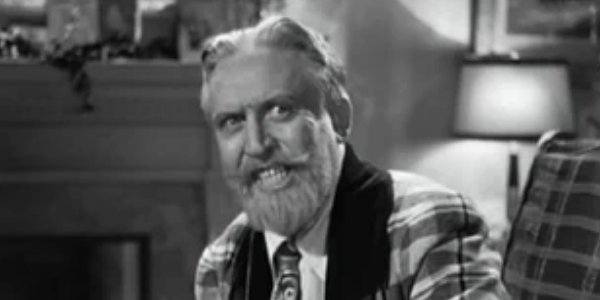
Sheridan Whiteside is a critic and lecturer well-known for his caustic wit, to put it mildly. He is virtually a fountain of insults mixed with cultural references and the epitome of entitlement. Perhaps the best description of dear old “Sherry” comes from Maggie: “I think you’re a selfish, petty egomaniac who would just as soon see his mother burning at a stake if that was the only way he had to light a cigarette.” Yikes!
When Whiteside arrives for dinner at the Mesalia, Ohio home of Ernest and Daisy Stanley, he slips on some ice on the steps and is told by the doctor that he will have to stay put for at least 10 days. As soon as the newspapers get wind of the mishap, telegrams, flowers and phone calls begin to arrive at the Stanley home from his many famous friends, fans and admirers. Winston Churchill calls! That sends the already star-struck Daisy Spencer (Billie Burke) into quite a tizzy. (You may remember her as Glinda, the Good Witch).
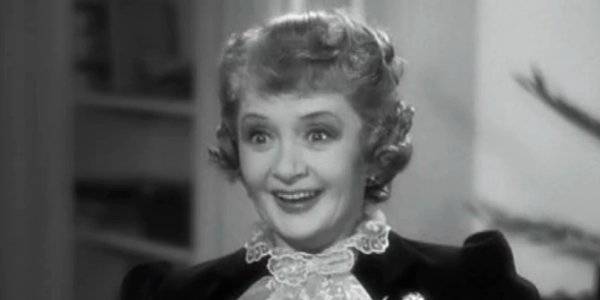
Convicts from the Sheridan Whiteside Club at the state penitentiary are invited to lunch. Chinese students “straight from the White House” come to dinner. William Beebe, “the great naturalist, sends a real octopus to keep Whiteside company, and Admiral Byrd sends four penguins! In the meantime, secretary Maggie falls in love with Bert Jefferson, the owner of the local newspaper. Whiteside is not about to give her his blessing and lose a secretary. He enlists Lorraine Sheldon, his actress friend and “Blossom girl” to come to town and seduce Jefferson under the pretense that she will get a part in a play out of it. Jimmy Durante, as Banjo, has to help Whiteside get out of the mess he created with that little scheme.
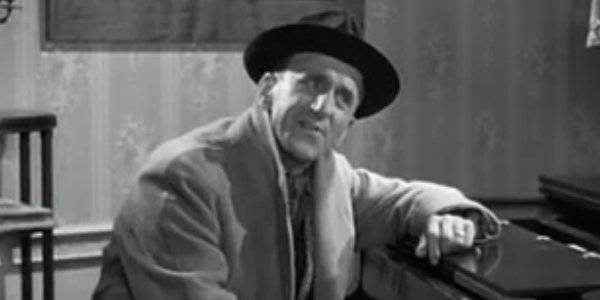
Hart and Kaufman’s play was based upon Alexander Woollcott, a famous critic, radio personality and member of the Algonquin Round Table, aka the Vicious Circle. When visiting the home of Moss Hart, Woollcott took over the master bedroom, bullied the staff and left this unappreciative entry in the guest book: “This is to certify that I had one of the most unpleasant times I ever spent.” Mind you, he wasn’t even an invited guest! Hart later told Kaufman about it and said it was a good thing Woollcott did not break a leg and have to stay longer. The two men immediately knew they had hit on the basis for a play.
In “Any Resemblance to Actual Persons: The Real People Behind 400+ Fictional Movie Characters”, Hal Erickson writes: “The real Alexander Woollcott was happy as a clam with both the stage and film versions….” That might make you think that the Whiteside character was such a hilarious over-the-top caricature that Woollcott could not help loving it. Here are some of Whiteside’s non-stop barbs:
When someone asks for his autograph: “Stand back, please. Don’t come too close. I have several contagious diseases.”
Upon meeting Nurse Preen: “Go read ‘The Life of Florence Nightingale’ and learn how unfitted you are for your chosen profession.”
And about the doctor: “Dr. Bradley is the greatest living argument for mercy killing.”
When Maggie returns from her date: “Don’t look at me with those great cow eyes, you simpering Sappho.”
Maggie says: “You’re acting like a very spoiled child, Sherry.”
He retorts: “Don’t take that patronizing tone with me, you flea-bitten Cleopatra.”
You can read “Dinner at the White House” on the White House’s history site. It’s an account of Woollcott’s friendship with Eleanor Roosevelt and the various times he was a guest at the White House. Compare that to the film and you may agree that the character of Whiteside was no caricature. It was spot on! And yes, Eleanor Roosevelt is mentioned in the film and she calls the Stanley home, too.
We may earn a small commission from qualifying purchases made from Amazon.com links at no cost to our visitors. Learn more: Affiliate Disclosure.


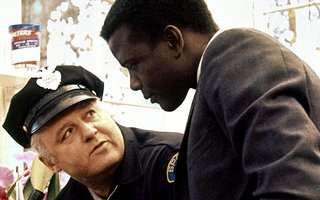
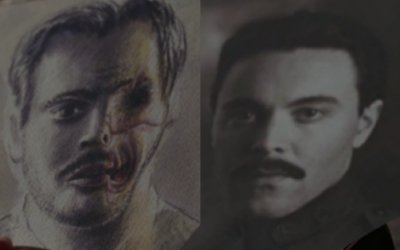
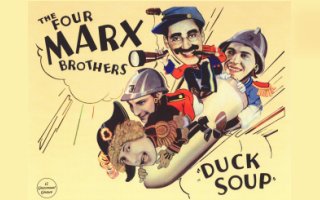





Recent Comments